Boxing FAQ’s
Throughout my years as a boxing coach, I have been asked several questions that relate to training. I get pulled aside, receive text messages, phone calls, and emails from people who are new to boxing, thinking about starting boxing, and folks who are looking to fight competitively. And a lot of them ask the same questions. In this blog, I will highlight some of these frequently asked questions and provide advice, tips and how you can turn your goals into reality.
When can I book my first fight?
Boxing is a progress. Some people can take a fight in as little as 3 months, some in a year. But timing is not the important part. The most important part is getting in ring shape, learning the basics, and understanding the sport. You're not going to come into the gym on day one and start sparring, but if you dedicate your time in listening to your coaches and practicing the most basic of moves and combinations, you can work towards building your confidence to accept your first fight.
Can boxing help me lose weight?
The short answer is "yes, boxing can help you lose weight".
Weight loss is a science. Surely you've heard that you need to consume less but burn more calories. The most important part is correctly fuelling your body. Counting macros is a great way to ensure you are burning fat but putting high quality food into your body to help fuel your workouts.
Here is a great resource on how to track your macros and calorie intake.
If you're looking to cut weight for a fight or build your stamina, running long distances and incorporating short sprints can help you build that fighter physique and stamina you need to compete.
And don't forget about water. You should be drinking at least 2L for the average person but anywhere upwards of 3L for athletes.
What is the most important part of boxing?
You've heard the adage, "hit and don't get hit". Offence wins fights, but defence keeps you fighting. Footwork is one of the boxing components that is most understated. Being able to move correctly will help you increase your punch percentage, while also increasing power. And it will also help you avoid taking hits and giving your opponent points.
Check out our Instagram post on pivoting, practice this to help you create opening and avoid punches.
How often do i have to train?
If you're looking to lose weight or improve your general fitness, you will need to train at least 3 times/week. But if you're a fighter and looking to compete competitively, fight camp could include training 6 times/week and sometimes 2-3 per day. And it's not all just boxing training. You need to work on several different components.
Boxing
Conditioning
Running
Mobility
Mental training (reading, puzzles, etc.)
What about rest days?
This depends on your lifestyle. 1 rest day or 1 active rest day per week is good for your body. Listen to your body. If you're hurt, adapt to lighter activity on your rest days.
What's most important is sleep. Research states that if you average less than 5 hours of sleep a night can break down your body. 8 hours is ideal, but sometimes unrealistic. Be sure to focus on good habits, and one of them being creating a sleep routine to optimize your body at rest.
What is the most effective punch?
Your jab will win or lose fights. It's the set-up punch and it can also get you out of a situation. My coach, the late Kevin McDermott, would always say "When in doubt, jab out".
Every time you train, whether it's on the bag, sparring or shadow boxing, focus on your jab and how you can better throw it more efficiently. Twist your body, make it snappy.
Check out this Instagram post on how to throw a jab to the head and to the body.
Preparing mentally for a fight.
Knowing that you have a date to go into a ring and try to hit, score points or knock someone out can be a very stressful and anxious feeling. I've won 3 National Titles and I still get nervous.
What I tell my fighters is to visualize. Visualization is something that unused for a lot of athletes but can help in any sport. I get my athletes to go into the ring, stare at the turnbuckle, and visualize their entire fight day. Thinking about waking up and what your breakfast will be. Think about how you're going to feel and how the rest of your pre-fight routine will be. For boxers, I want them to think about the first three combos they're going to throw at their opponent and drill them into their minds over and over so when the bell rings they feel as if they had already been there.
You're always going to be nervous before a fight. That's a good thing.
Have any more questions?
If you have any questions about boxing or fitness, send an email Coach Alex


